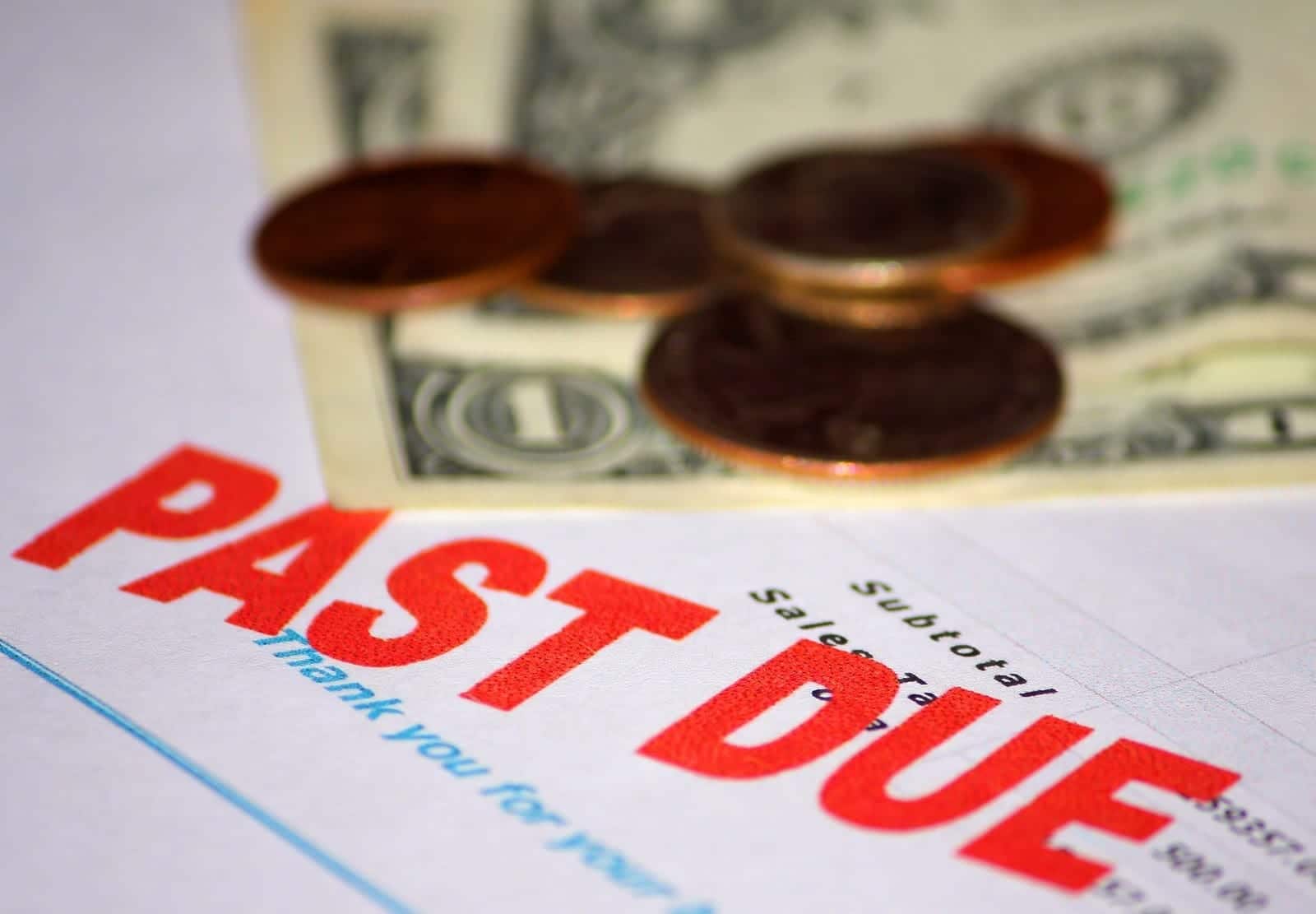Each type of bankruptcy is called a “chapter” of bankruptcy. Chapter 7 bankruptcy is the most common type of personal bankruptcy, not only in Philadelphia and Pennsylvania, but throughout the United States. Several people will play important roles in your Chapter 7 bankruptcy case, including your Philadelphia bankruptcy lawyer, the bankruptcy judge overseeing your case, and, as this article will focus on, a court-appointed individual called a “bankruptcy trustee.” Continue reading to learn about what a bankruptcy trustee is, what a Chapter 7 trustee does, and how the role of the trustee is different in Chapter 7 than it is in Chapter 13 bankruptcy.

What Does the Bankruptcy Trustee Do in Chapter 7 Cases?
In general, a “trustee” is a third party who has been given the task of overseeing another individual’s property and assets. For instance, parents might set up a trust fund for their child. The trustee manages the assets in the trust.
Like other types of trustees, the bankruptcy trustee is responsible for overseeing your finances. However, the specific duties of the trustee are determined by which type of bankruptcy you file. Despite some broad similarities, the Chapter 7 trustee performs a different function than the Chapter 13 trustee in Pennsylvania bankruptcy cases. In order to understand why, you need to understand some background information about how Chapter 7 bankruptcy differs from Chapter 13 bankruptcy.
Both types of bankruptcy offer the opportunity to get relief from debt, but they approach this process in different ways. Chapter 7 bankruptcy is a liquidation bankruptcy, in which the trustee’s role is to liquidate (sell) assets and property. Proceeds from the sale go to your creditors, which helps pay off your debts.
However, that does not necessarily mean you will lose your possessions if you file Chapter 7 in Pennsylvania. In fact, most Chapter 7 debtors can keep most or even all of their property, for two reasons:
- If property is of low value, the trustee may determine that the process of selling the property would not be worthwhile, and may therefore decide to ignore (“abandon”) the property rather than liquidating it.
- “Bankruptcy exemptions” allow you to protect certain possessions – potentially including your home and vehicle – from being sold by the Chapter 7 trustee. For example, the federal motor vehicle exemption, which is periodically adjusted for inflation, currently allows you to exempt up to $3,775 of equity in your truck, SUV, car, or other automobile.
By working strategically, our Philadelphia Chapter 7 bankruptcy lawyers are usually able to see that clients keep all or most of their property.
In Chapter 13, the trustee plays a different role, because property and assets are not liquidated. Instead, you will make monthly payments to the Chapter 13 trustee over a period of three or five years, depending on the specific details of your case. The trustee collects your monthly payments, and calculates how the funds should be distributed among your creditors. This process is known as “reorganization.”

What Questions Does the Bankruptcy Trustee Ask?
In addition to managing the distribution of funds to your creditors during your bankruptcy case, whether through asset liquidation in Chapter 7 or monthly payments in Chapter 13, the bankruptcy trustee is also responsible for ensuring that the information you supply to the bankruptcy court, such as information you disclose about income and assets on your bankruptcy paperwork, is accurate, up-to-date, and complete. The bankruptcy trustee will watch carefully to make sure that you are not concealing assets, lying about your income, or otherwise committing bankruptcy fraud.
One way the bankruptcy trustee monitors your case is by asking you questions about your finances. Whether you file Chapter 7 bankruptcy or file Chapter 13 bankruptcy, the trustee will ask you a series of questions during a hearing called the “341 meeting,” the “341 hearing,” or simply the “meeting of creditors.” The purpose of the questioning is to verify that your information is truthful and your paperwork is accurate. To provide a few examples, you may hear Chapter 7 trustee questions such as:
- Have you ever filed for bankruptcy before?
- Did you list all of your property and assets on your bankruptcy paperwork?
- Have you filed all of your income tax returns?
- Do you own a business?
- Do you owe any child support payments or alimony payments?
Try not to feel nervous about your interview with the bankruptcy trustee. Your West Chester Chapter 7 lawyer will help you prepare for the meeting of creditors, and will be by your side from the outset of the Pennsylvania bankruptcy process to help ensure that your legal documentation is accurate and thorough. As long as you are honest about your finances and obey the bankruptcy court’s rules, you should have no problem answering the trustee’s questions satisfactorily.
Philadelphia Chapter 7 Bankruptcy Attorneys Can Help
Whether you file Chapter 13 or Chapter 7 in Pennsylvania, bankruptcy can help you reduce or erase debts, postpone or prevent foreclosure, stop your car from being repossessed, stop your utilities from being shut off, and prevent debt collectors from contacting you. It can also wipe away the stress and anxiety caused by financial difficulties, giving you a fresh start.
It’s never too late to start getting control of your debt. To learn more about taking the first step, contact the Montgomery County Chapter 7 attorneys of Sadek Bankruptcy Law Offices, LLC at (215)-545-0008 for a free bankruptcy consultation today.





